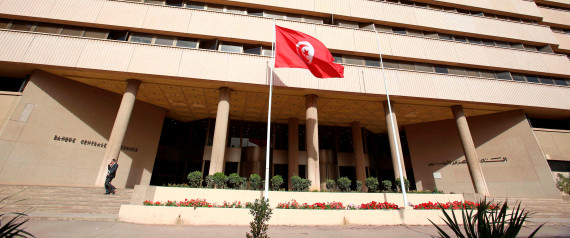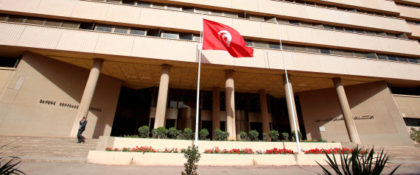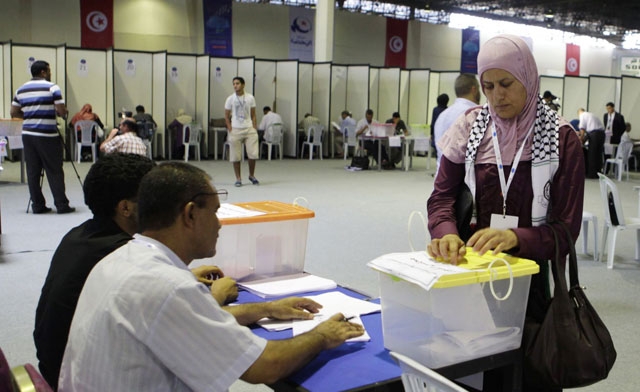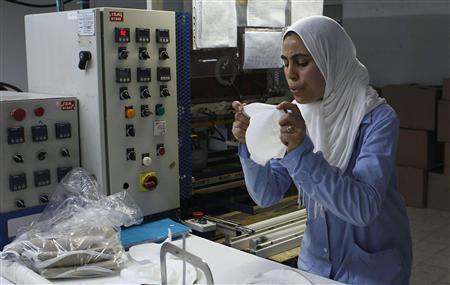Tunisia’s economic indicators are “frightening” as the country is unable to defend its currency “even if it wanted to,” and must instead focus on narrowing its trade deficit to revive the economy, Central Bank Governor Marouane El Abassi said.
The statement reflects the depth of the country’s economic and financial crisis after the Central Bank increased its benchmark interest rate by 75 basis points this week to curb inflation, which El Abassi said risked becoming “uncontrollable.”
The dinar has weakened by about 19 percent against the euro from a year ago, helping to propel consumer prices, which rose an annual 7.1 percent in February. At the same time, foreign reserves have fallen to around 77 days of import cover, according to the Central Bank.
The bank attributed the decline to the country’s need to use foreign exchange funds at the beginning of each year to provide the necessary stocks of energy, food and industrial raw materials, in addition to servicing foreign debt.
So far, the government’s efforts to revive the economy have focused on cutting spending, curbing subsidies and boosting investments — measures backed by the International Monetary Fund, which in 2016 awarded Tunisia a $2.9 billion loan.
The situation raises fears for further unrest in a nation where youth unemployment is about double the overall rate of some 15 percent.




